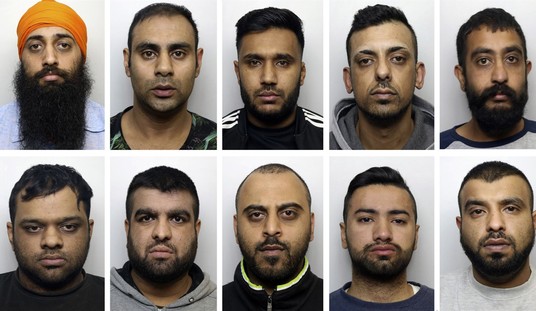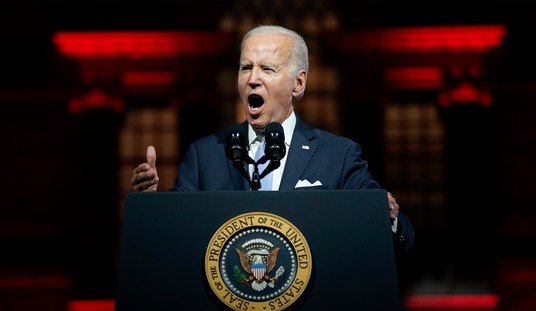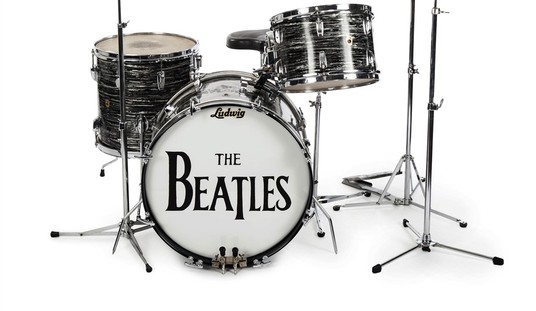In the next two weeks, 3 of Atlantic City’s premier casinos will close with the loss of nearly 8,000 jobs — a quarter of the city’s entire casino workforce.
The loss of The Revel, The Showboat, and Trump Towers Casinos follows the closing of The Atlantic Club earlier this year. That makes 4 of Atlantic City’s 12 casinos going out of business in less than a year.
The Christian Science Monitor explains what happened:
New casinos popping up in an already saturated Northeastern U.S. gambling market aren’t expanding the overall pie but are slicing it into ever-smaller pieces. Fewer casinos could mean better financial performance for the survivors.
Resorts Casino Hotel, which was on the verge of closing a few years ago, completed a remarkable turnaround in the second quarter of this year, swinging from a $1.3 million loss last year to a $1.9 million profit this year.
“I truly believe that eight remaining casinos can all do very well when the gambling market is right-sized,” said Resorts president Mark Giannantonio.
That may be true, but it is little comfort to workers who are losing their jobs. By the time Trump Plaza shuts down in two weeks, nearly 8,000 jobs — or a quarter of Atlantic City’s casino workforce — will be unemployed. A mass unemployment filing due to begin Wednesday is so large it has been booked into the city’s convention center.
When casino gambling was approved by New Jersey voters in 1976, it was billed as a way to revitalize Atlantic City and provide stable, lasting jobs. The first casino, Resorts, opened in 1978, kicking off three decades of soaring revenue and employment.
But the Great Recession hit just as new casinos were popping up in neighboring Pennsylvania and New York, cutting deeply into Atlantic City’s customer base.
“There was a promise when casinos came in here that these would be good, viable jobs, something you could raise your family on and have a decent life with,” said Paul Smith, a cook at the Trump Taj Mahal Casino Resort. “I feel so bad for all these people losing their jobs. It wasn’t supposed to be like this.”
It’s not just Atlantic City casinos that are taking a hit. Nevada casinos have lost money for 5 straight years as states across the US approve various kinds of gambling venues. Slot parlors, off track betting, video poker houses, and online gambling give players plenty of options to gamble besides casinos. Indian nations are long time players in the gaming industry and many are also reporting declining revenue.
States see gambling as a mostly painless way to part their citizens from their hard earned cash. But the social costs of gambling addiction are an expensive consequence of legalizing casino gaming. And if you look at gambling as something of a tax, it is a regressive revenue raiser. The poor are far more likely to become compulsive gamblers, and lose a larger percentage of their income than the middle or upper classes.
But few states are even contemplating giving it up. There’s a ballot measure in Massachusetts this November that would repeal the 2011 law that legalized casino gaming before a single casino opens.
With the casino industry showing signs of retrenchment, voters in Massachusetts may do something that voters nowhere else have done, at least in the last century: slam on the brakes on casino gambling.
Massachusetts was one of the last states to climb aboard the casino craze, approving legislation in 2011 to allow three casinos and a slots parlor. Now it may be the first to reverse itself, with voters deciding in November whether to repeal the law before a single casino has been built.
The stage is set for a multimillion-dollar campaign pitting the casino industry and its allies in organized labor against a coalition of grass-roots activists, religious leaders and mom-and-pop businesses. The two sides have already squared off in several town-by-town referendums across much of Massachusetts over the last year, fighting each other to a near draw. Now they are laying the groundwork for an all-out, statewide donnybrook that will burst into public view in September in television ads and on doorsteps as both sides try to secure support, house by house.
Atlantic City’s problems are twofold: a) Two dozen casinos have opened in the densely populated northeast in the last few years; and b) the recession has made all but the wealthiest customers cut back on their casino visits.
“This is a massive economic body blow to Atlantic City on par with the hit to the national economy during the Great Recession,” said Mark Zandi, chief economist at Moody’s Analytics in West Chester.
Beyond the thousands of job losses, which will spread into related industries and the general economy, Atlantic City will soon be left with four empty buildings (including the shuttered Atlantic Club) that have no clear future.
“What we’ve got in Atlantic City is unprecedented. It hasn’t happened before in this type of context, where they are going to shutter them up and literally can’t give them away for pennies on the dollar, like Revel,” said Alan Silver, a former casino-industry executive who teaches at Ohio University in Athens, Ohio.
Silver and other casino-industry experts said there was little precedent for reusing casinos for anything other than hotels.
David G. Schwartz, director of the Center for Gaming Research at the University of Nevada in Las Vegas, could point to only one former casino in the United States – the Golden Phoenix in Reno – which was turned into condominiums.
In addition to condominiums and time-shares, experts are quick to mention boutique hotels, which have become increasingly popular in Las Vegas and other cities.
“It’s nice to do all these things, but you’ve got to have supply and demand and you’ve got to have the various attractions there to get people to come to Atlantic City,” Silver said.
Atlantic City Mayor Don Guardian, who has adopted a salesman-in-chief attitude since taking office in January, spoke optimistically last week of openings expected next year, including a Bass Pro Shops location and Harrah’s Conference Center, that could create 1,300 jobs in the city.
Guardian expressed confidence Friday that Revel would be resurrected as a casino under a new name, projecting that it would sell for $25 million to $50 million. That would also reduce the job losses.
“At $50 million, it’s certainly a bargain-basement price for a brand-new facility. It’s finding the right buyer, meaning having the financial wherewithal, and then that buyer finding the right brand to come in and run it,” he said.
Fitch Ratings estimated Friday that $280 million of the $457 million gamblers lost during the last 12 months at the casinos that are closing would be captured by the survivors. That will help boost profits, and perhaps add some jobs at those properties.
The hope that the casinos would revitalize Atlantic City as a playground was always misplaced. While the hotel towers gleamed in the sunlight, much of the rest of the city remained a grimy, crime-ridden mess. The fact is, there are only so many dollars available for casinos to take. And with so many options available to the gambling consumer, Atlantic City no longer holds the attention — or loyalty — of tri-state residents.









Join the conversation as a VIP Member